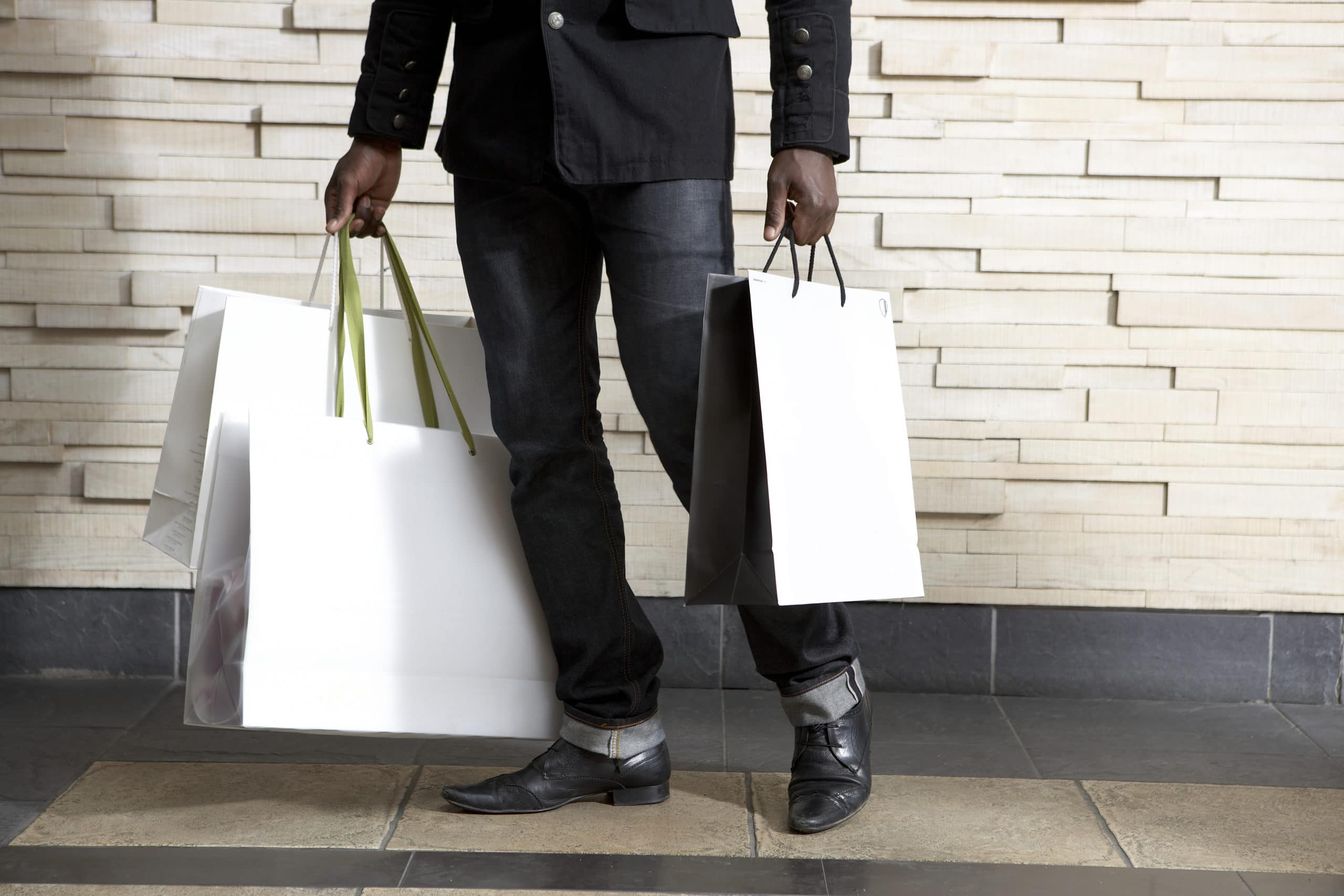The Covid-19 pandemic has dealt Black-owned businesses a tough hand. Stifled by stay-at-home orders, on-again off-again store closures and stricter limits occupancy limits, many businesses are struggling to outlast the seemingly unending virus outbreak.
Although they’ve rebounded slightly in recent months, Black-owned stores have experienced the greatest decline this year, plummeting from 1.1 million businesses in February to 640,000 in April—a 41% drop.
But spurred by a national movement to support Black businesses, which kicked off this summer, a new number of corporations are taking small steps to put the Black in Black Friday.
Black Friday online sales pulled in a record $7.4 billion in 2019— the second largest online shopping day ever and a 19.6% increase over the previous year—while the holiday season overall generated more than $72 billion in online sales, according to Adobe Analytics. Online sales for this Black Friday are projected to generate $10.3 billion.
The surge in digital spending over the holiday season and the heightened visibility that’s been awarded to small businesses through corporate sponsorships could have a considerable impact on Black businesses in particular, sustaining them through the a few more months of the pandemic.
Loading...
Facebook, for one, launched its #BuyBlackFriday initiative and a corresponding toolkit and gift guide in October as part of a broader three-month campaign to buttress small businesses during the holiday season.
The gift guide features products from Black-owned businesses and was curated alongside the U.S. Black Chambers and several corporate partners.
“Black-owned businesses have been hit especially hard by the pandemic, closing at twice the rate of other small businesses,” Facebook COO Sheryl Sandberg wrote in a blog post announcing the initiative. She added, “But we know that millions of people want to help.”
The campaign runs through Black Friday on November 27, a symbolic starting gun for the holiday shopping season.
More recently, Google partnered with Grammy-winning musician Wyclef Jean and the U.S. Black Chambers to promote its #BlackOwnedFriday campaign, an effort to make November 27 “Black-owned Friday” and galvanize shoppers to buy Black beyond the Thanksgiving weekend.
The tech giant has also showcased Black-owed businesses on its social platforms since mid-October and now allows users to find nearby stores that identify as Black-owned through its search engine.
“I’ve seen firsthand the strain and struggle that Black-owned businesses face,” Jean said in a statement. “For many of them, this holiday season will be critical to their survival.”
TikTok, the latest viral social media platform, threw its weight behind Black-owned businesses months after facing censorship allegations from Black creatives in June. Earlier this month, the video sharing platform, which has about 200 million monthly active users in the U.S., launched Support Black Businesses, a digital hub to amplify Black entrepreneurs.
TikTok also announced #ShopBlack, an in-app campaign that allows users to create videos spotlighting their favorite Black-owned businesses or to share their experience as a Black entrepreneur.
As small businesses reel from the pandemic’s economic disruption, many big retailers have had breakaway growth. Amazon’s profits and sales exceeded analysts’ expectations, reporting a 37% sales growth and tripling its third-quarter profits as more shoppers turn to the e-commerce giant during the pandemic.
But celebrities and influencers alike have started to leverage Amazon’s omnipresence to highlight Black sellers on the platform. Nearly 70% of the products on Oprah Winfrey’s highly anticipated annual list of her favorite things are created by Black-owned or Black-led businesses this year and all are available for purchase on Amazon.
The billionaire media mogul has partnered with Amazon on the list since 2015 and her yearly picks have provided brands with considerable gains in sales since the list’s 1996 advent.
Black Americans have developed a growing presence among small businesses owners and could stand to gain considerable sales from dedicated shopping holidays like Small Business Saturday, which raked in an estimated $19.6 billion in 2019. And while physical distancing measures will significantly curb foot traffic this year, more than 112 million Americans visited a small business on that day last year, a record high.
As shoppers increasingly reject winding lines that snake around the store, a trend that’s long been in the making but was exacerbated by the pandemic, they’re also looking to support independent local businesses, providing a potential economic windfall for Black businesses with an online presence this holiday season.
-by Ruth Umoh, Forbes Staff
Loading...
